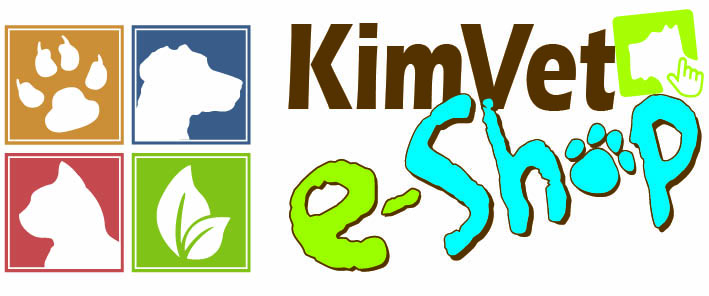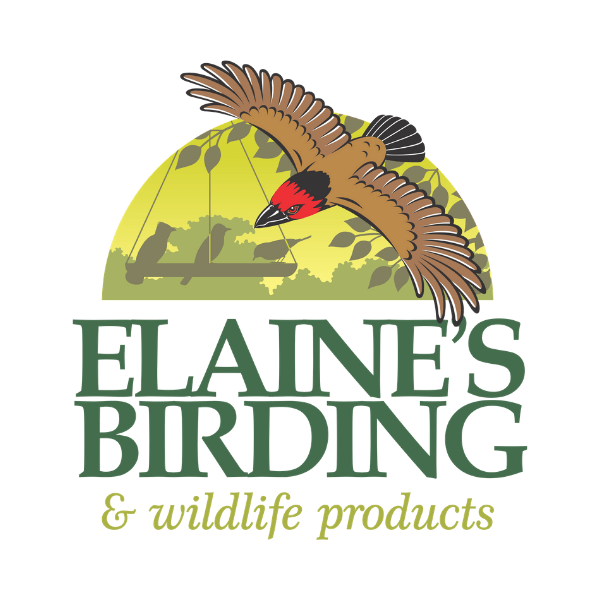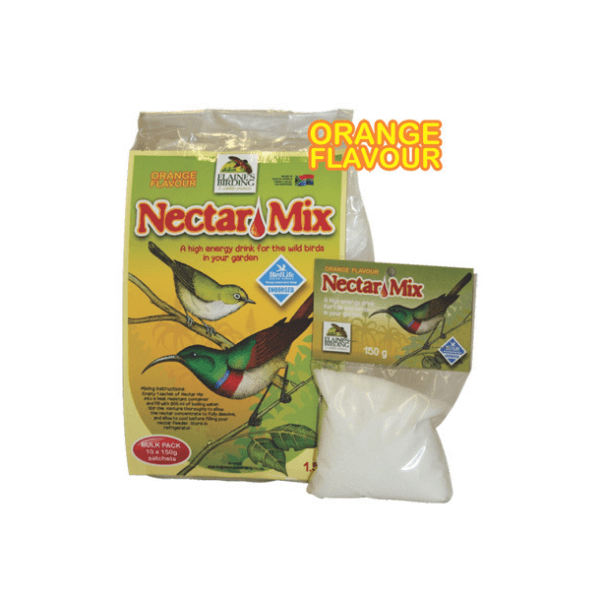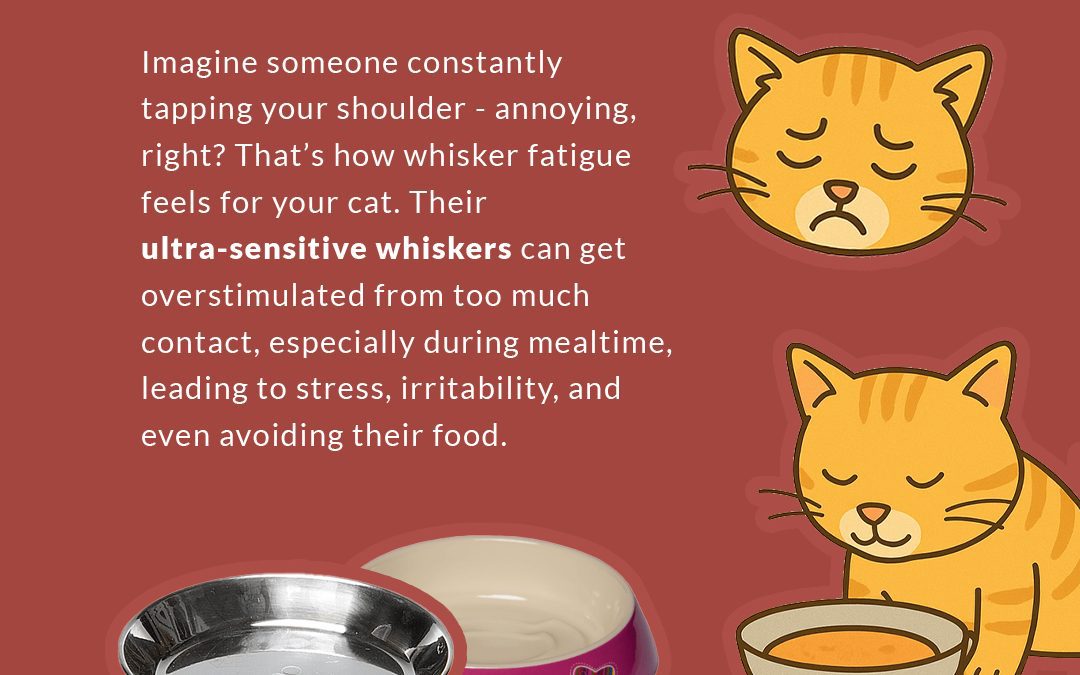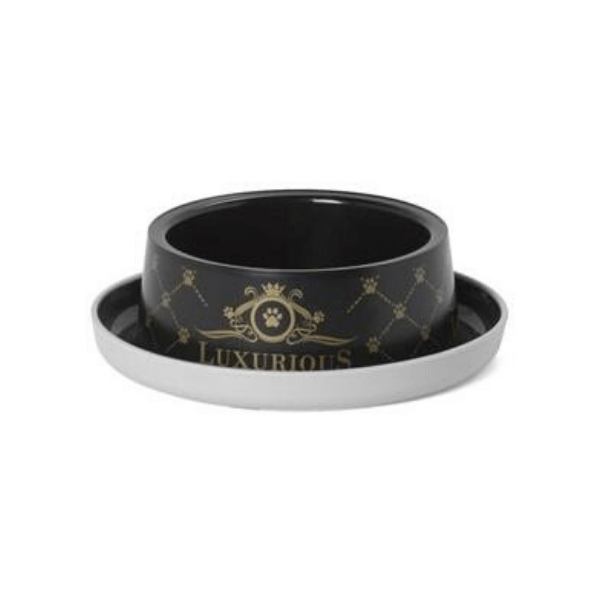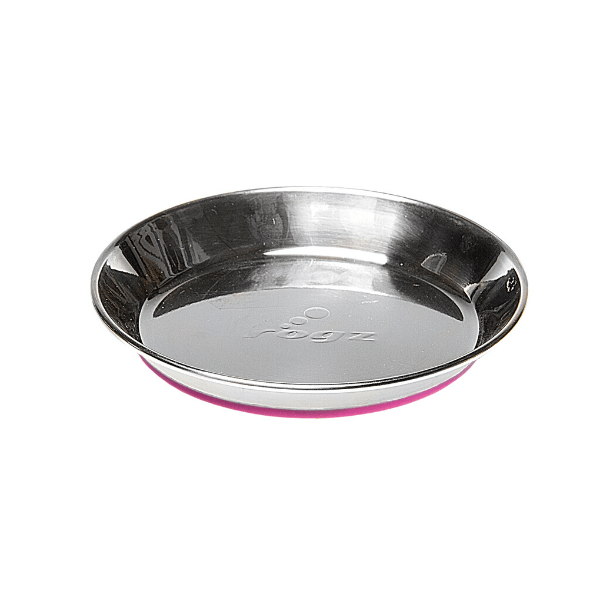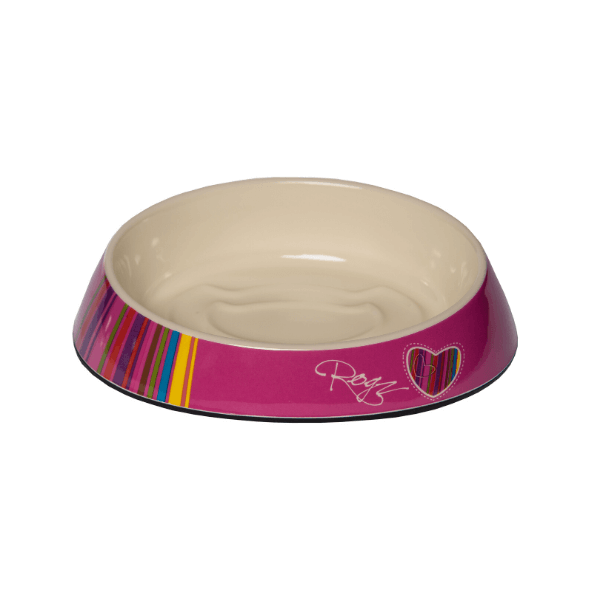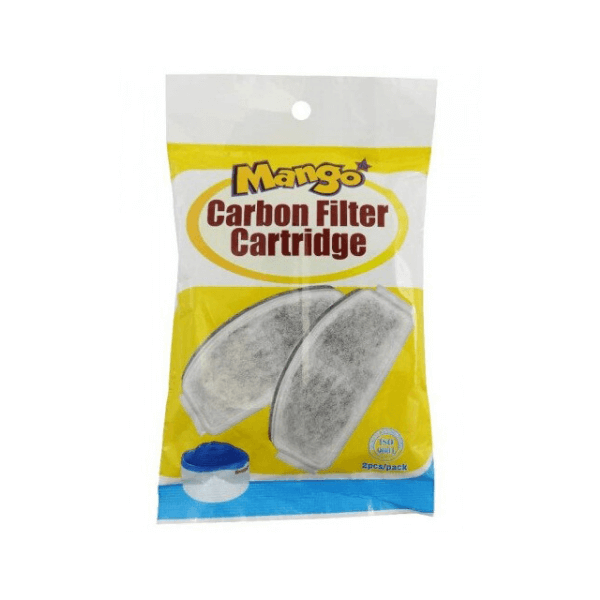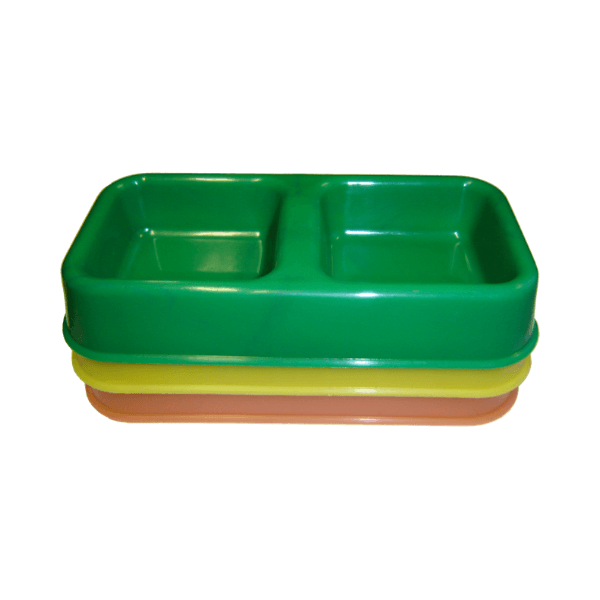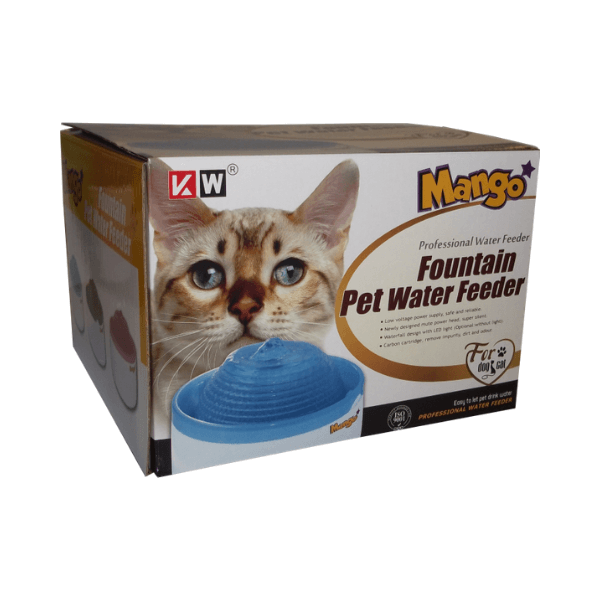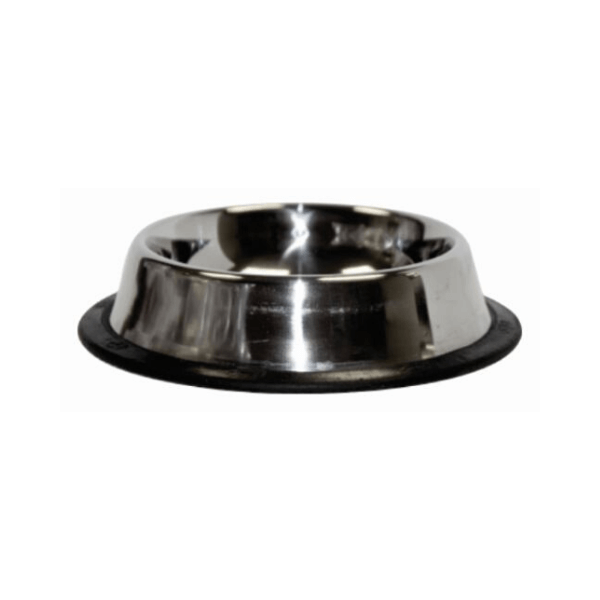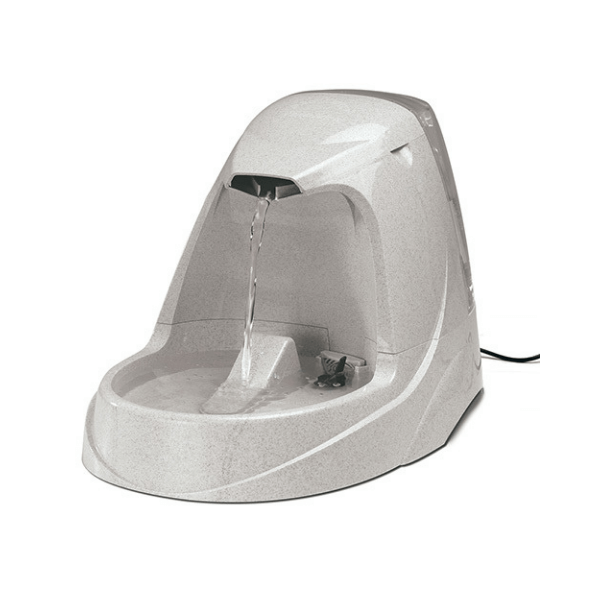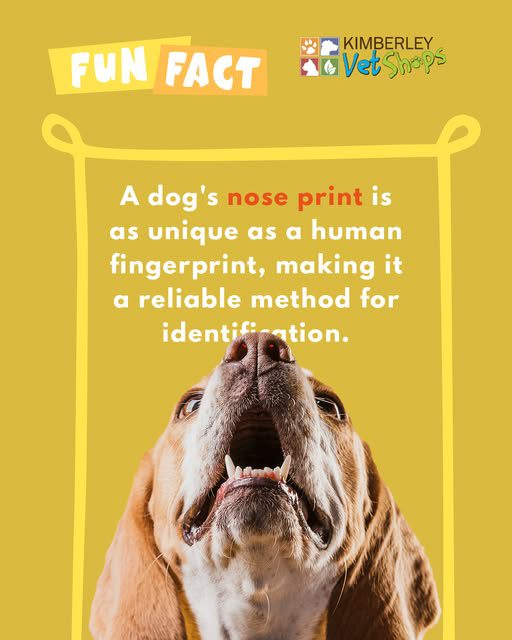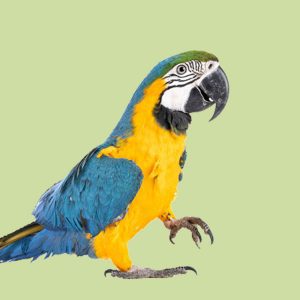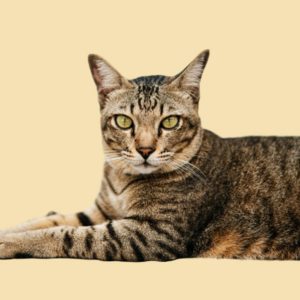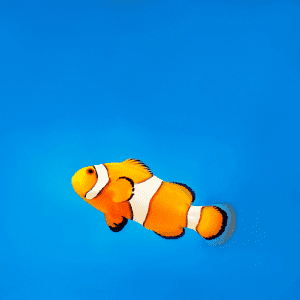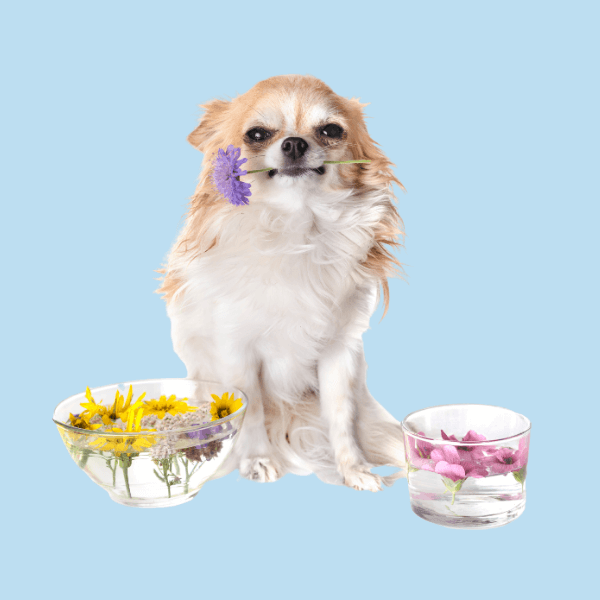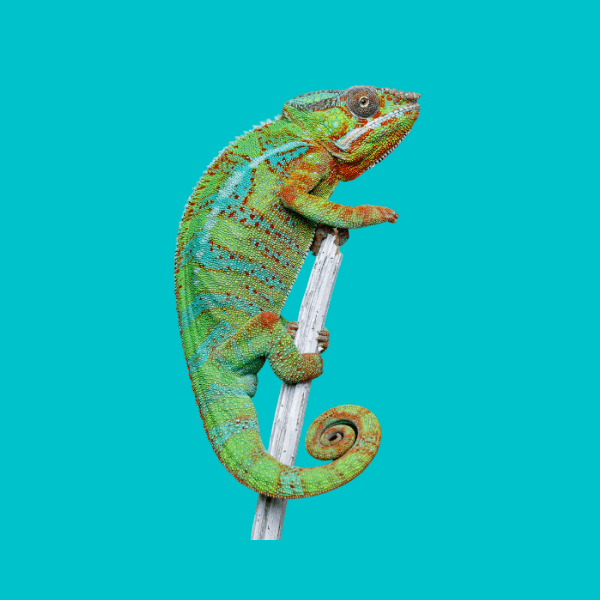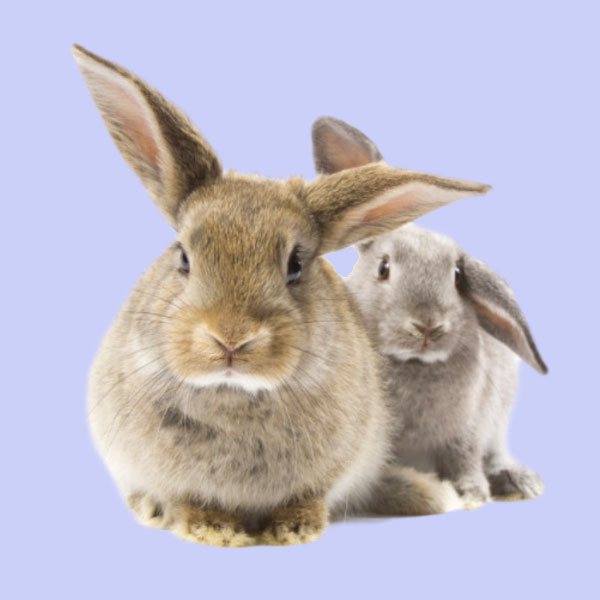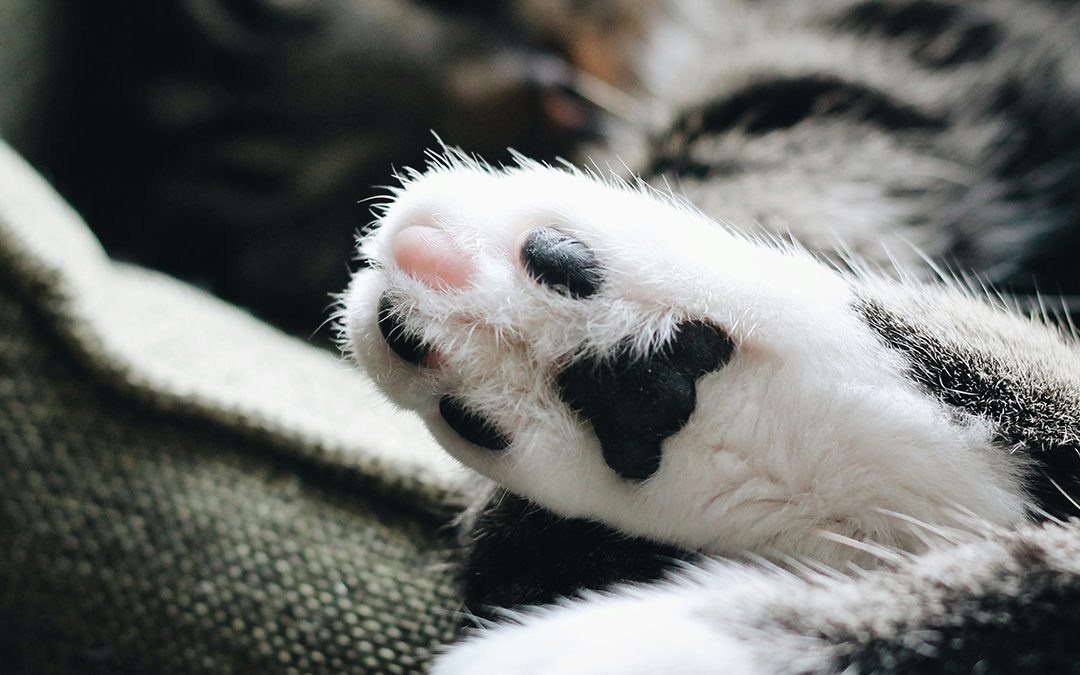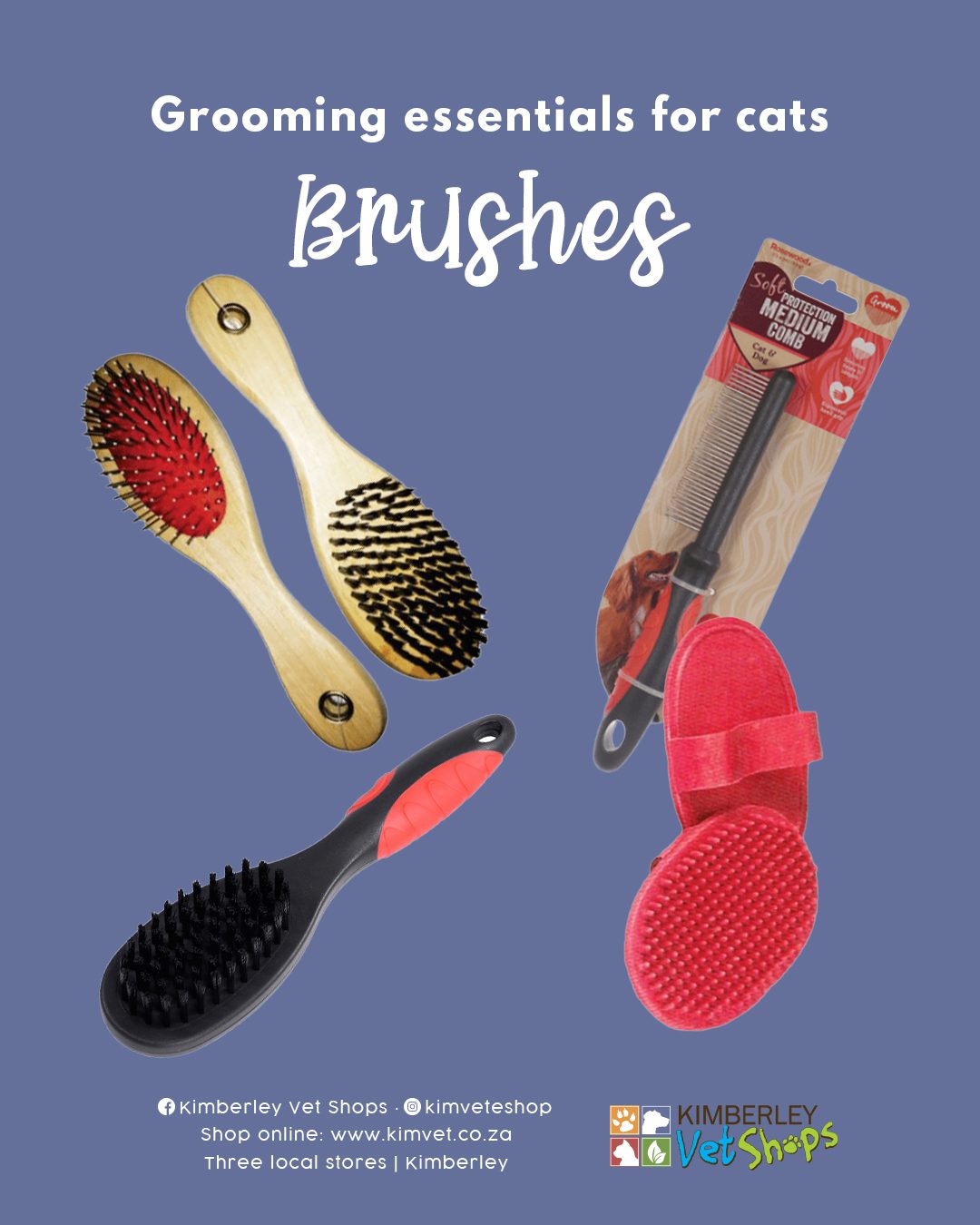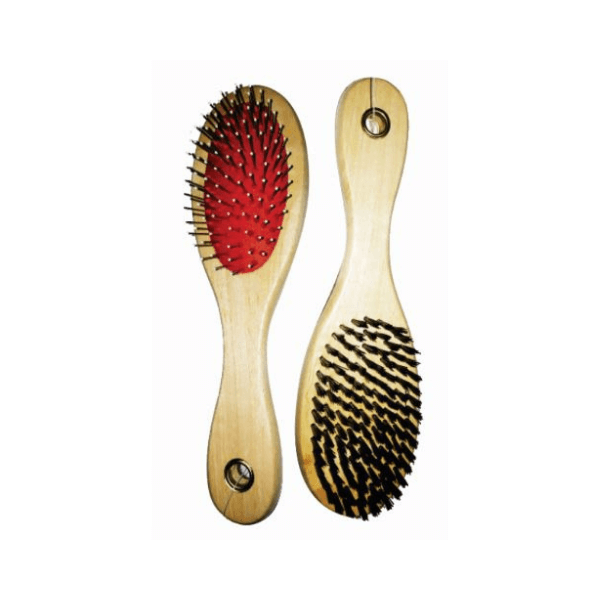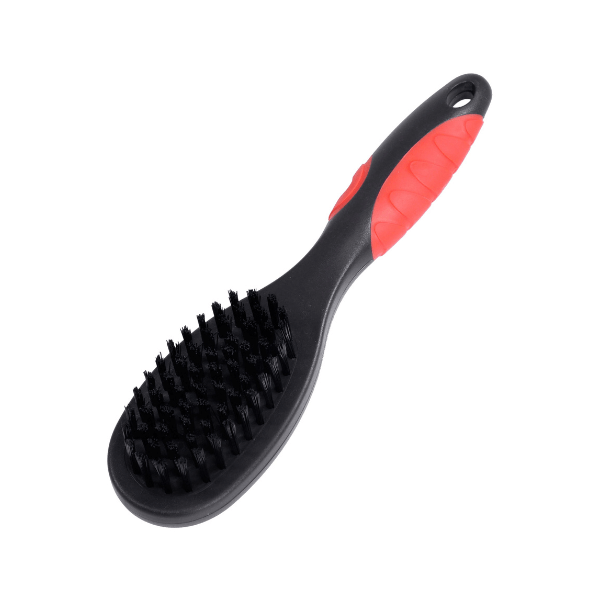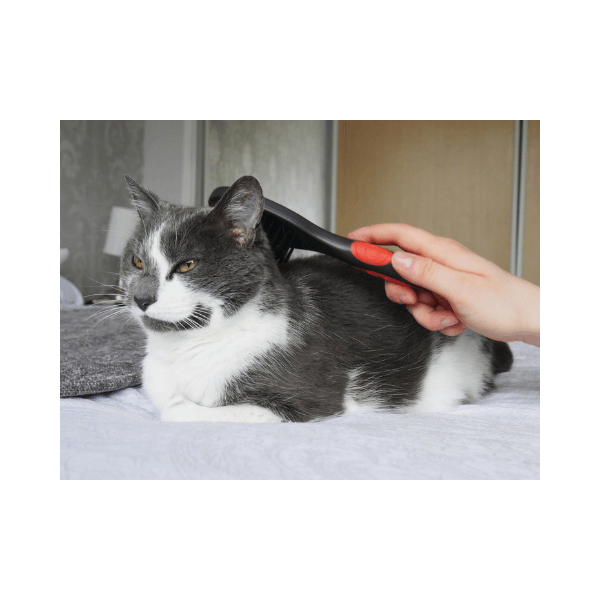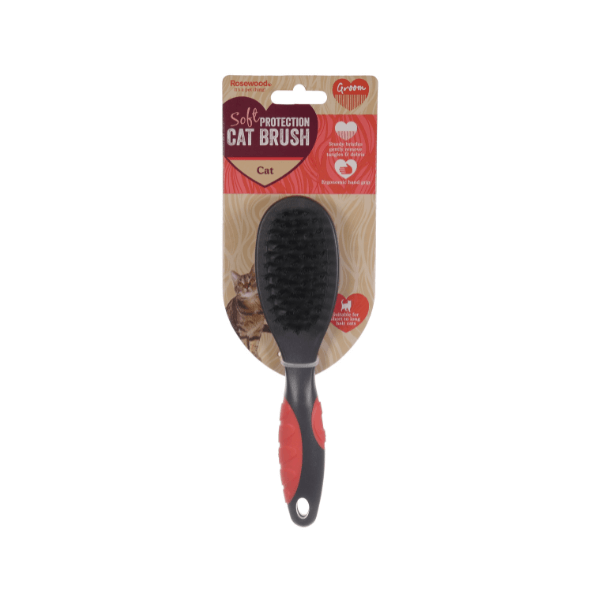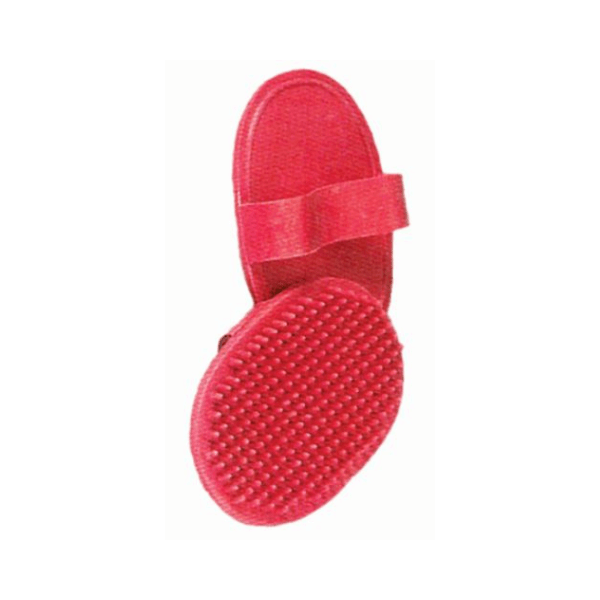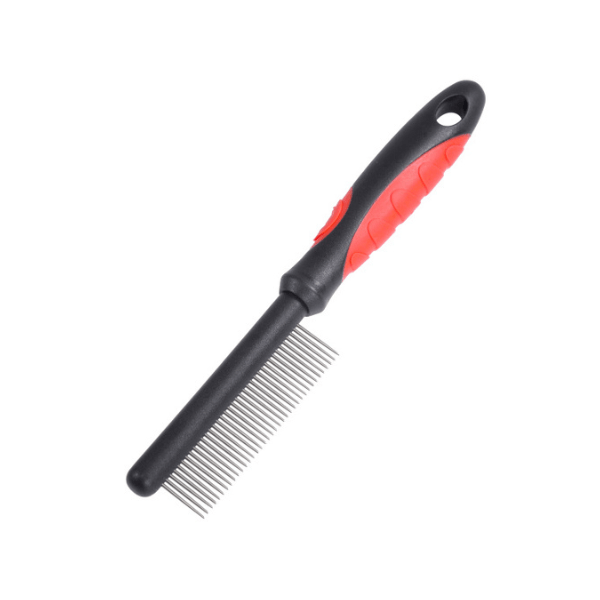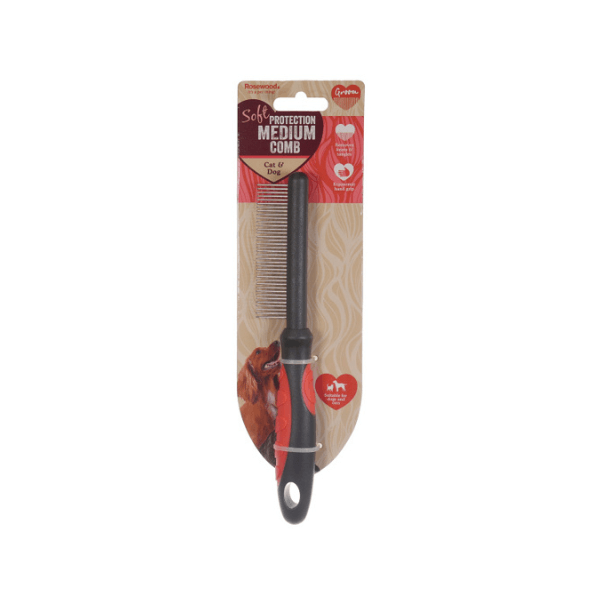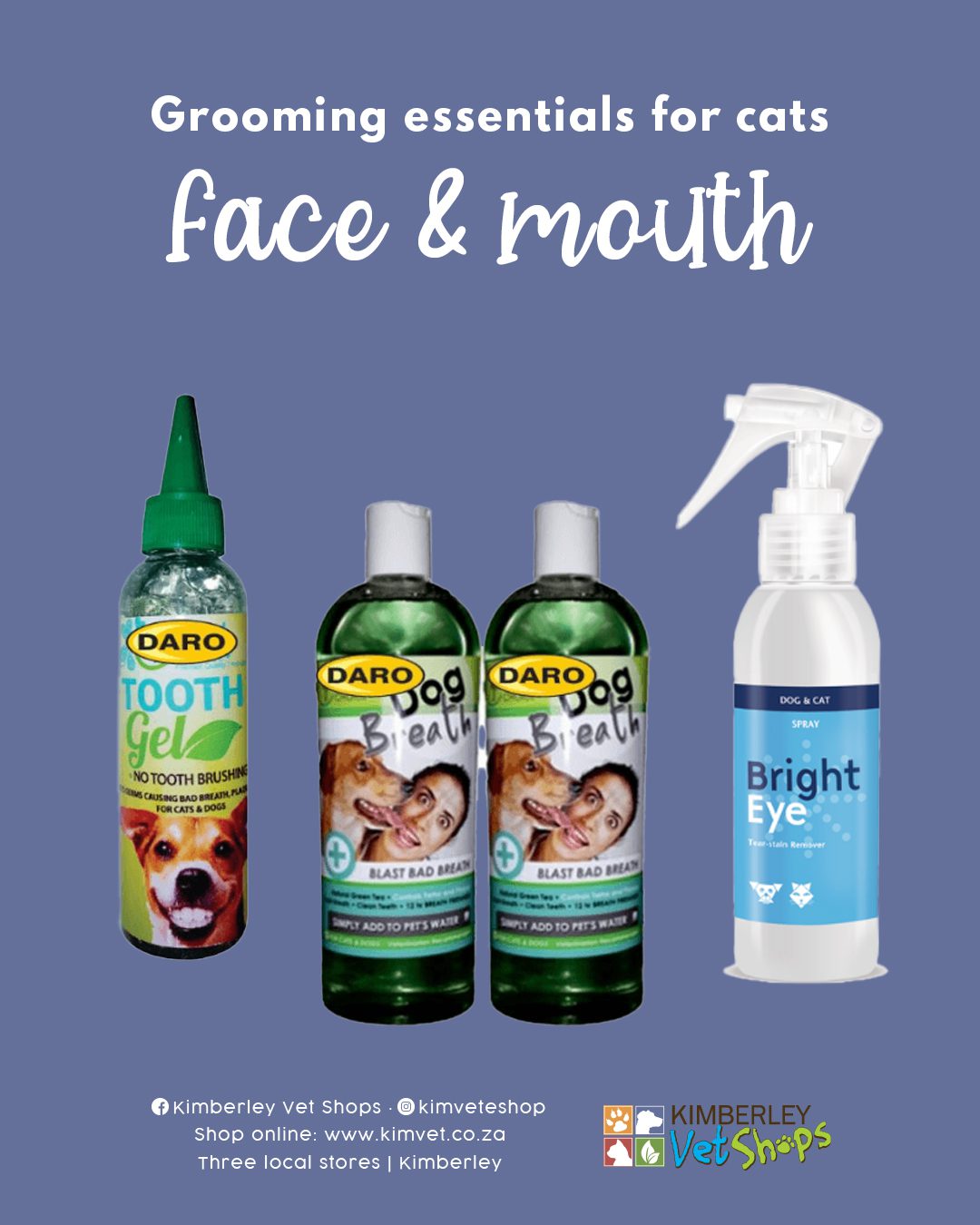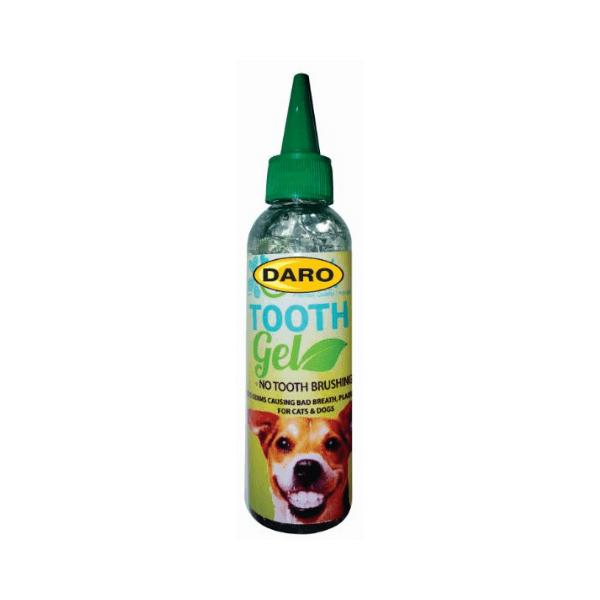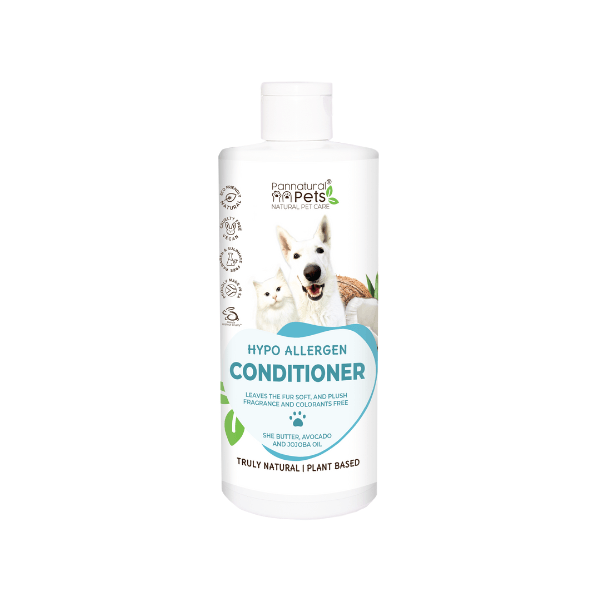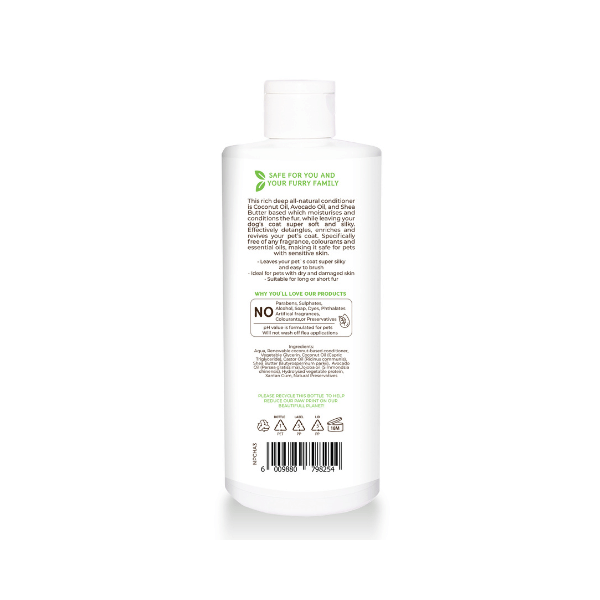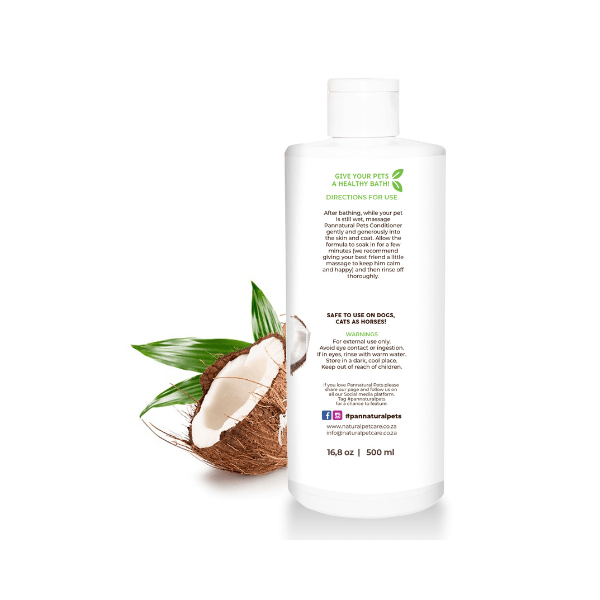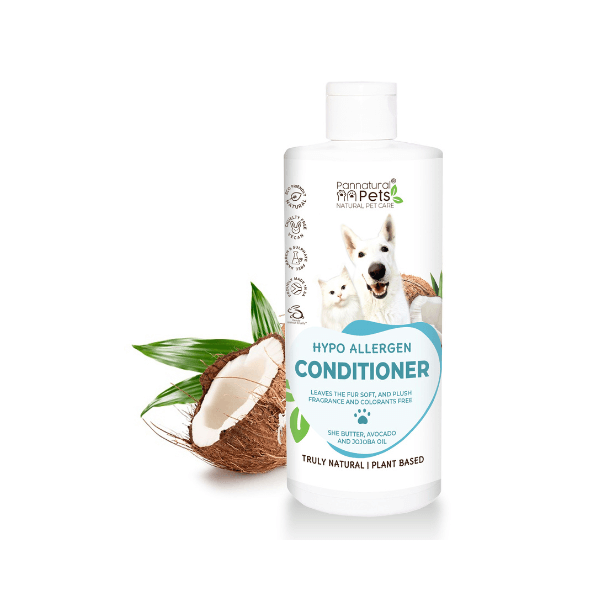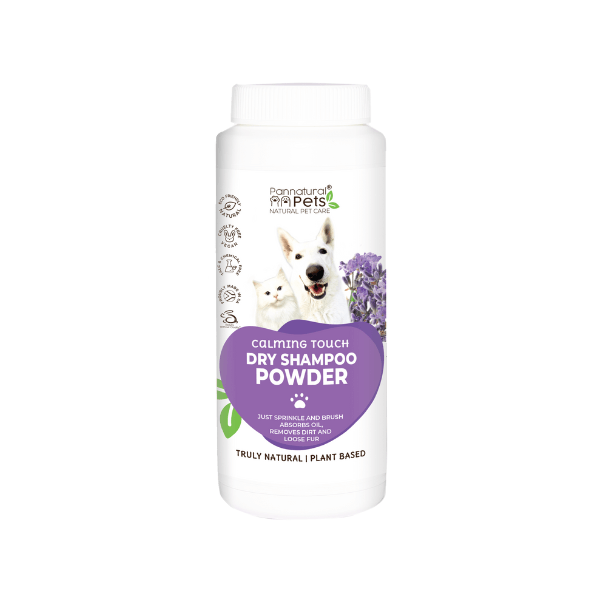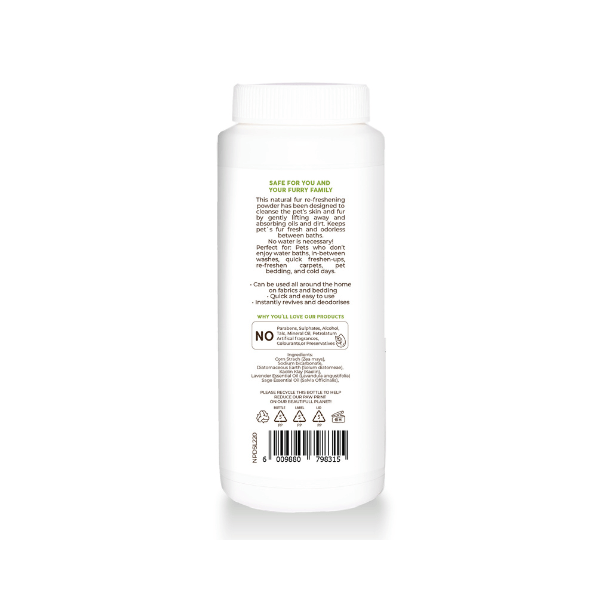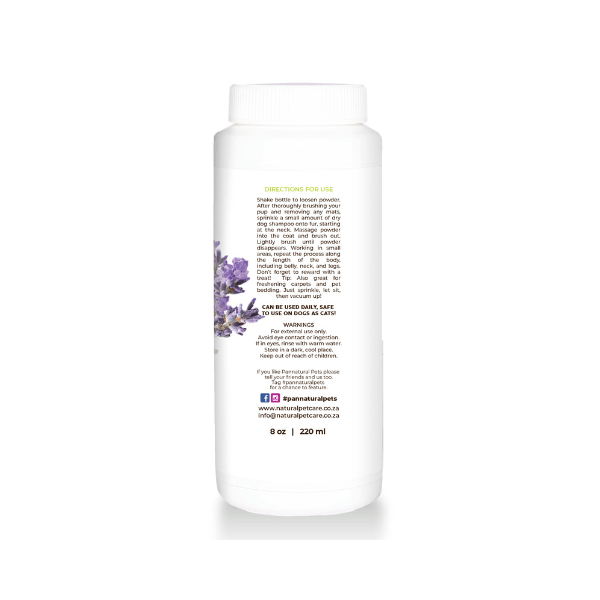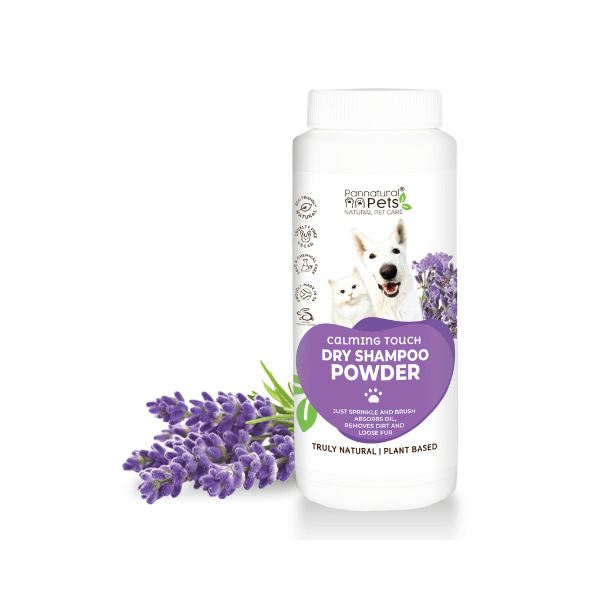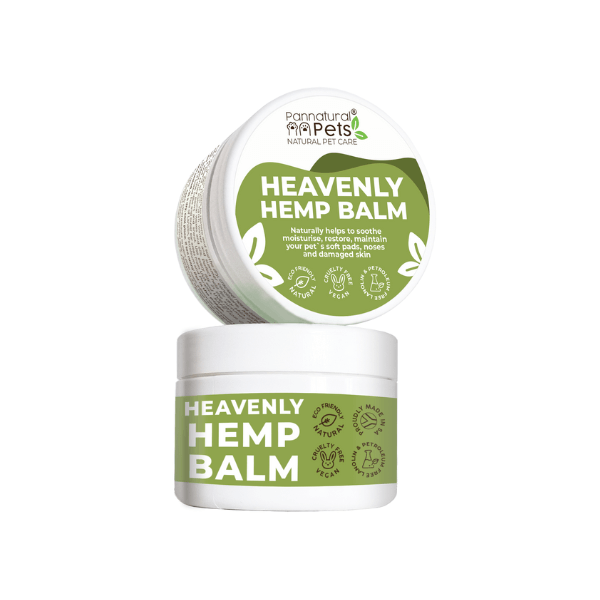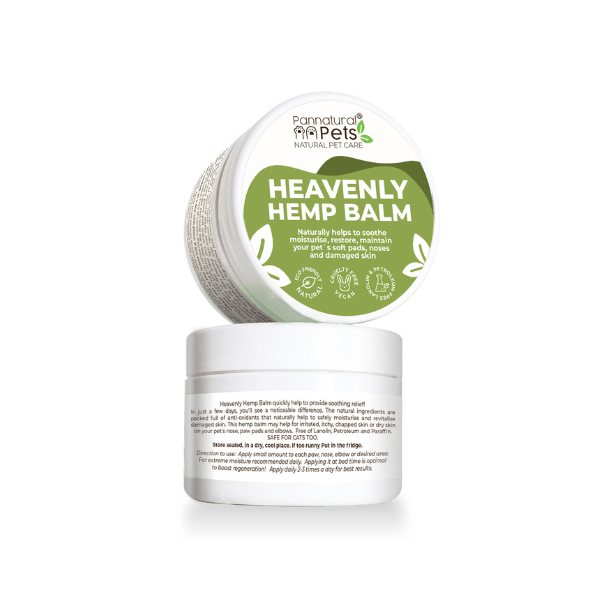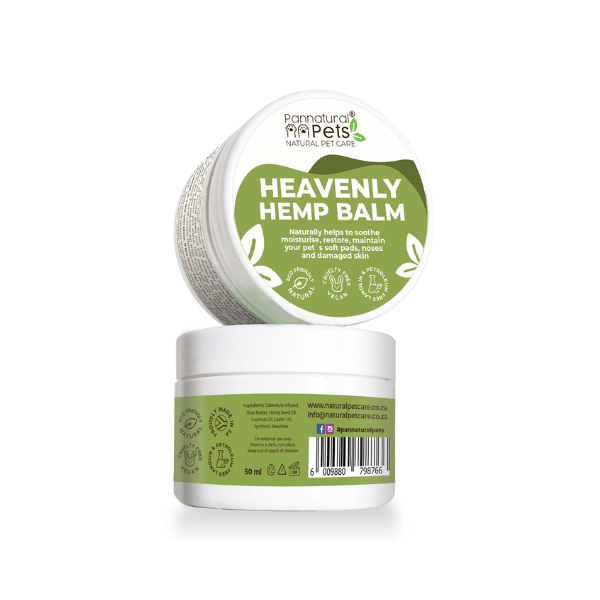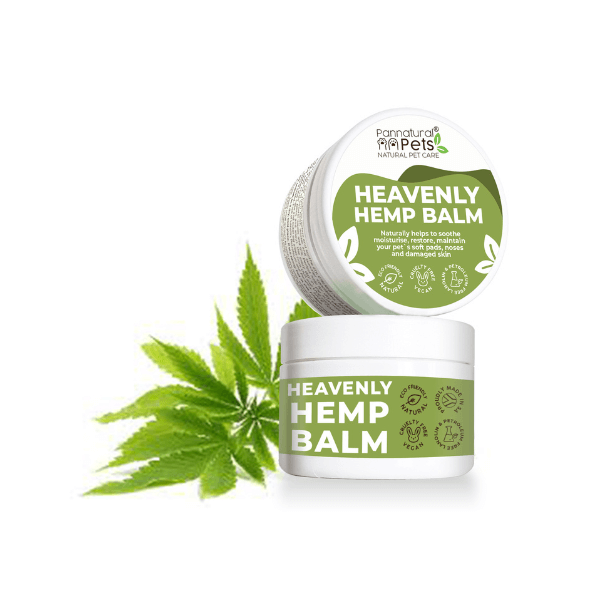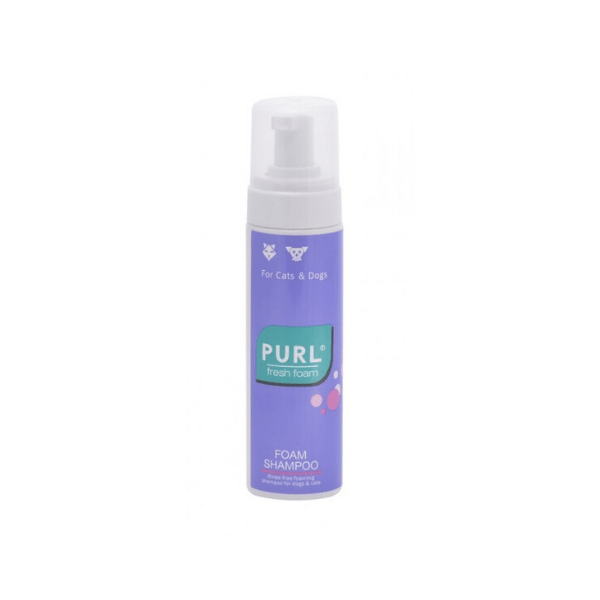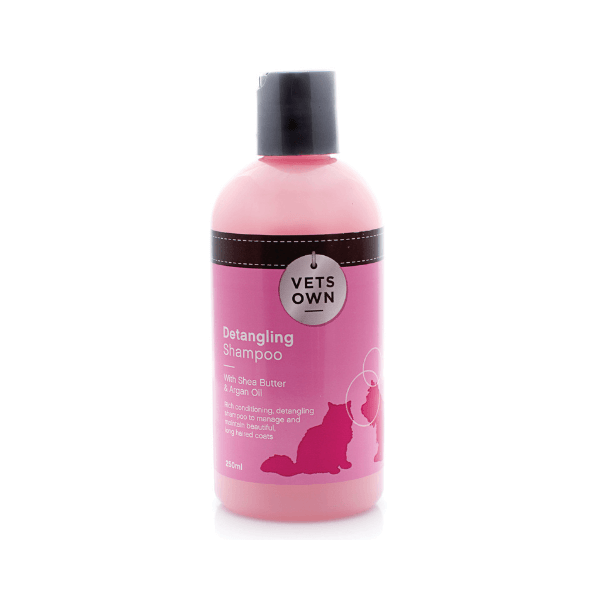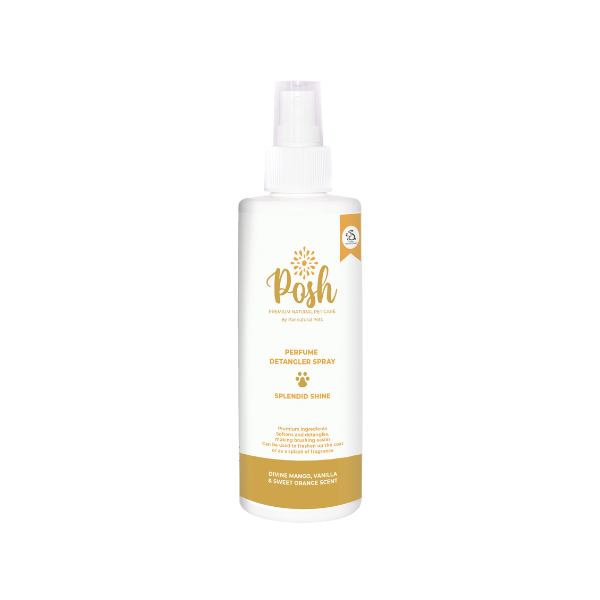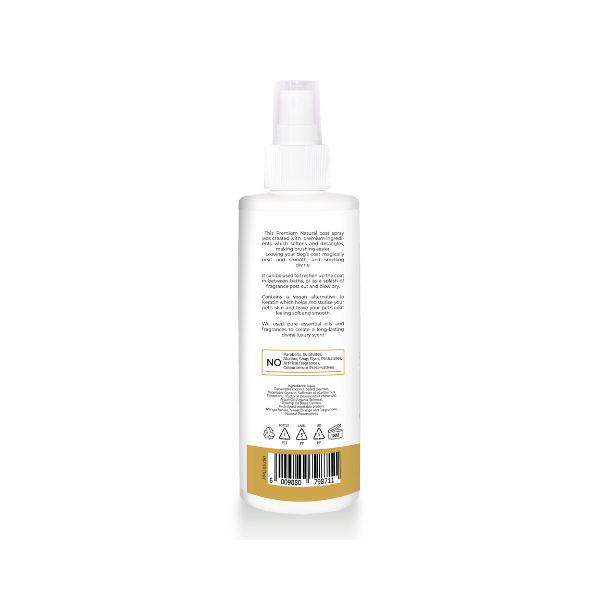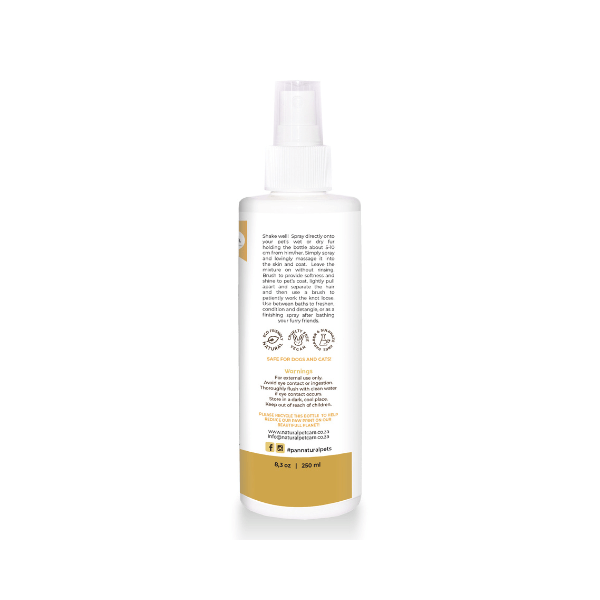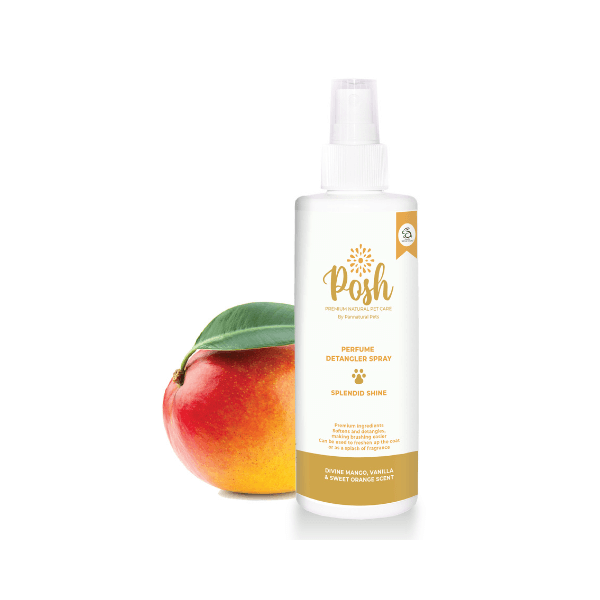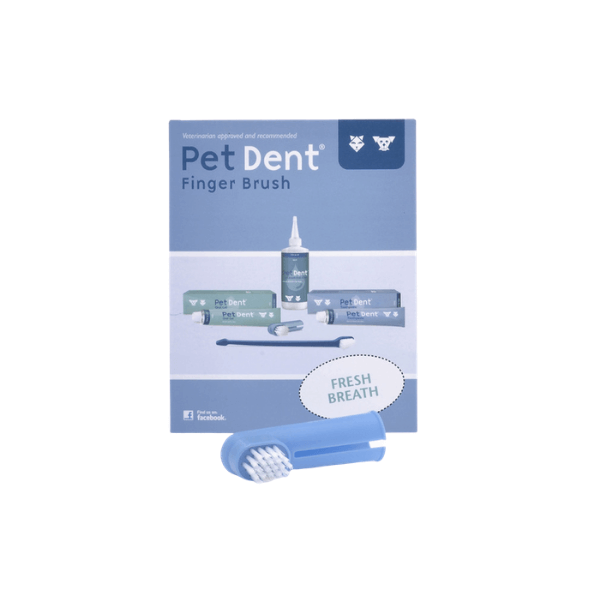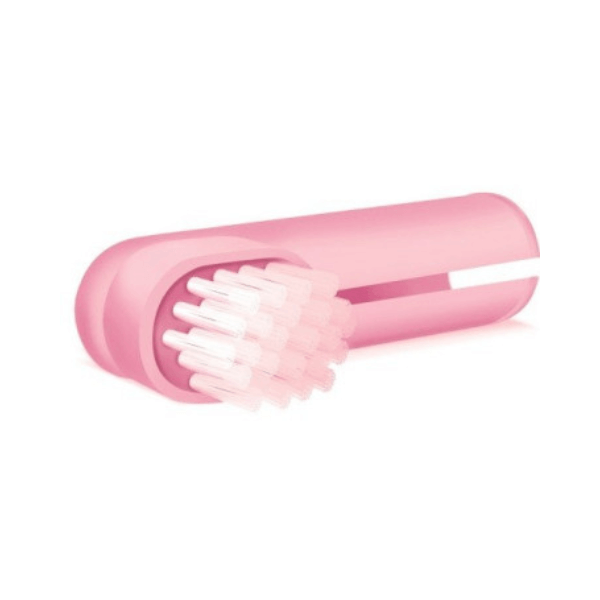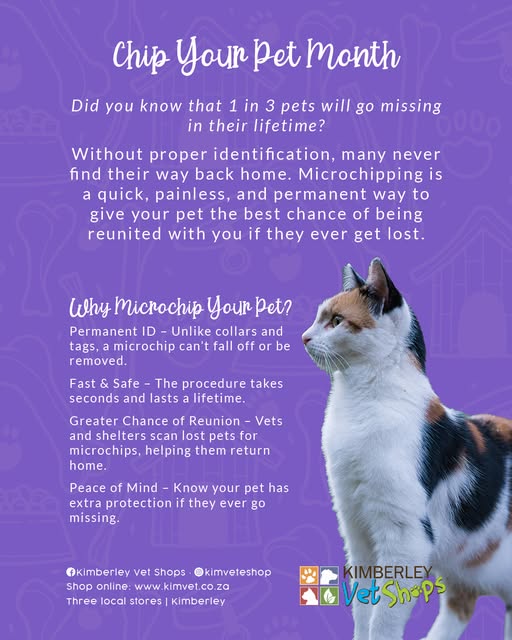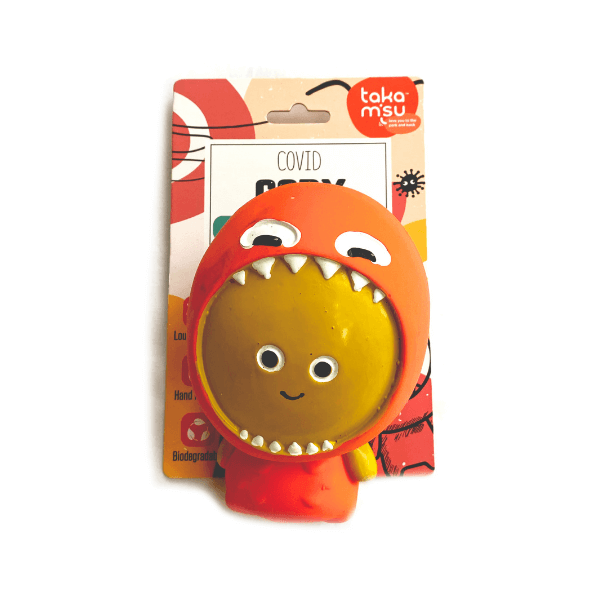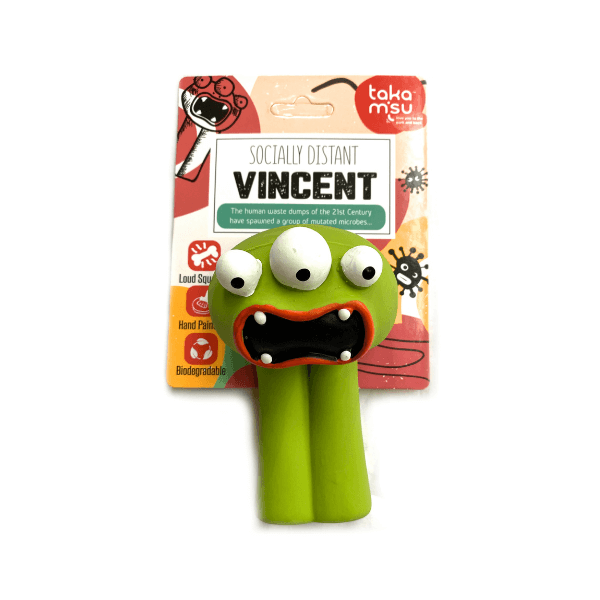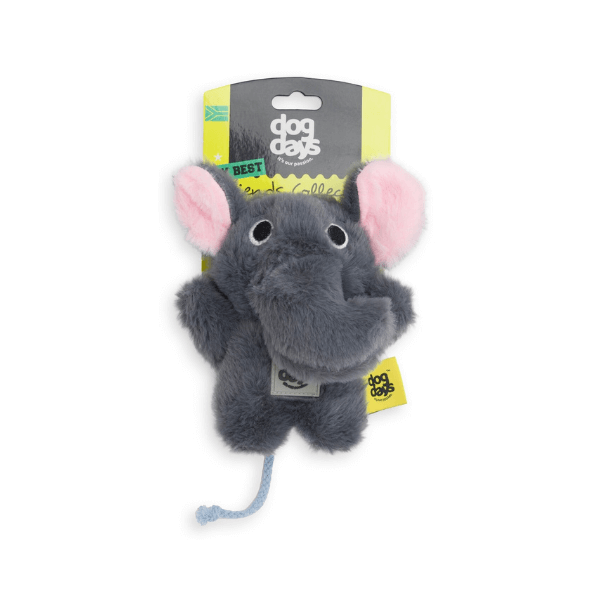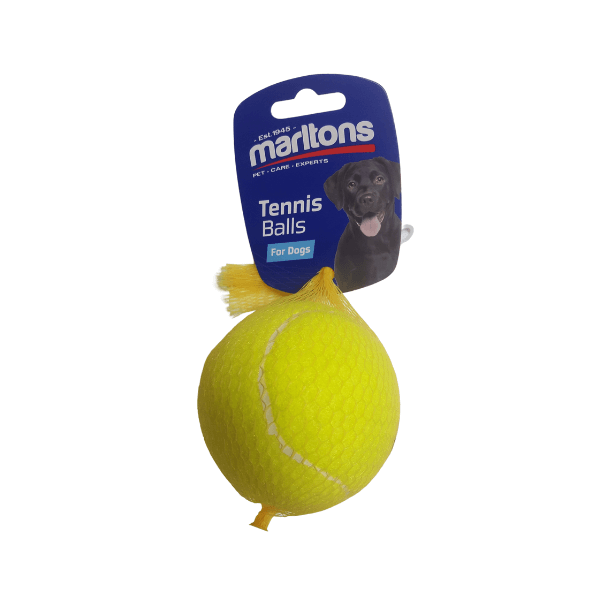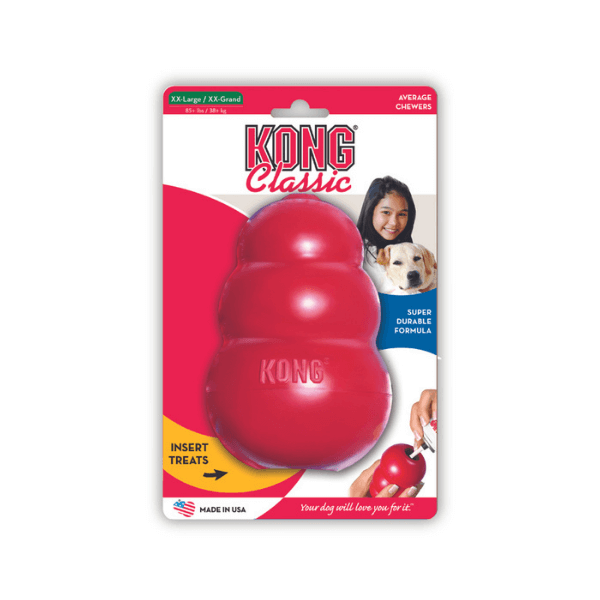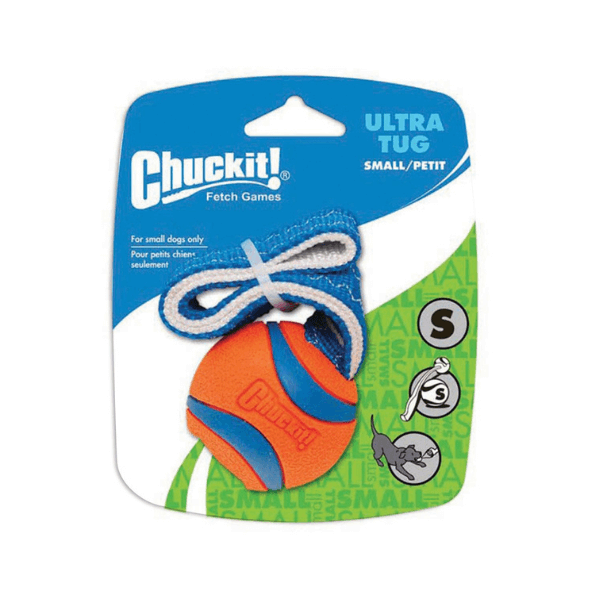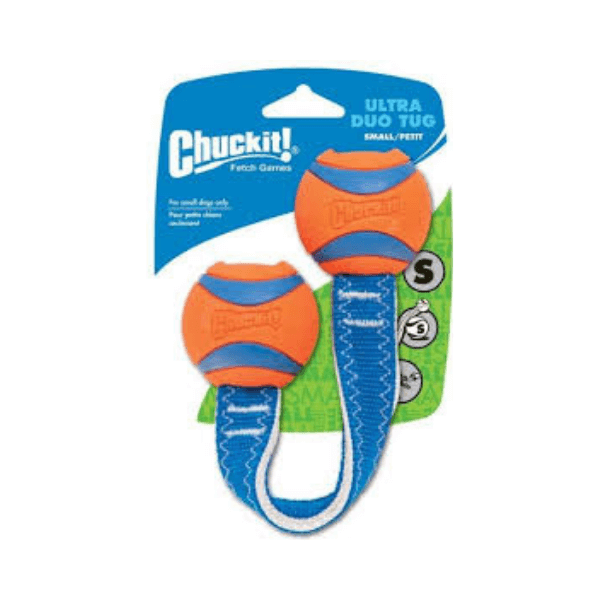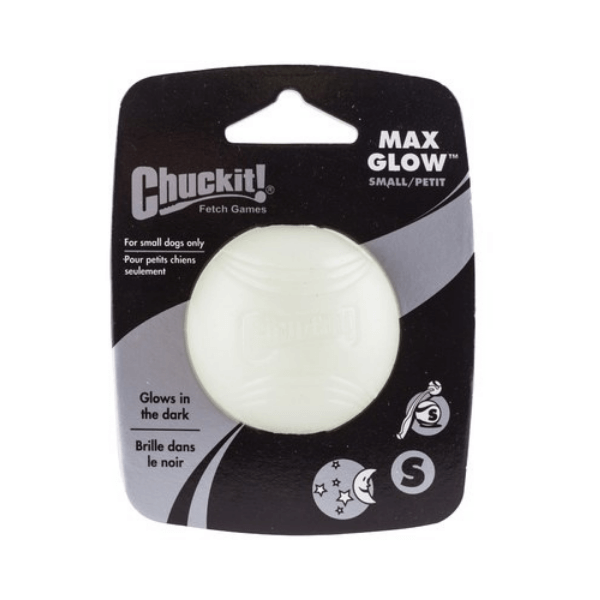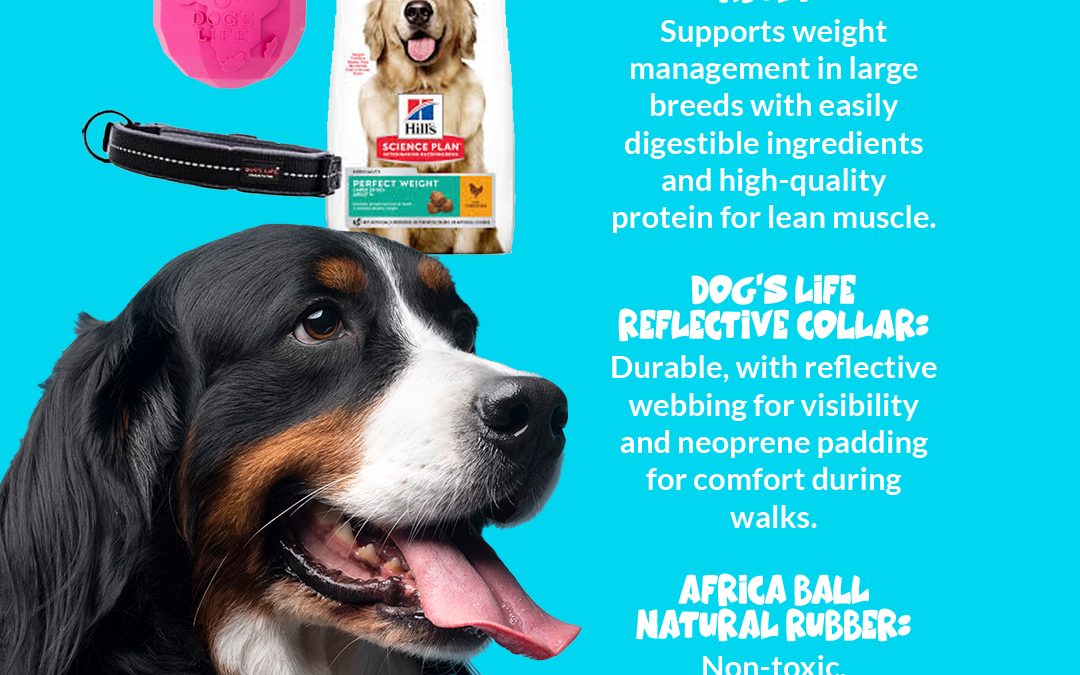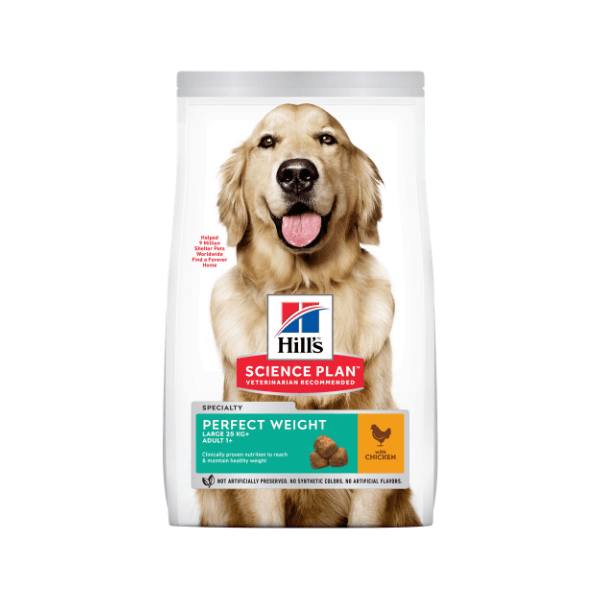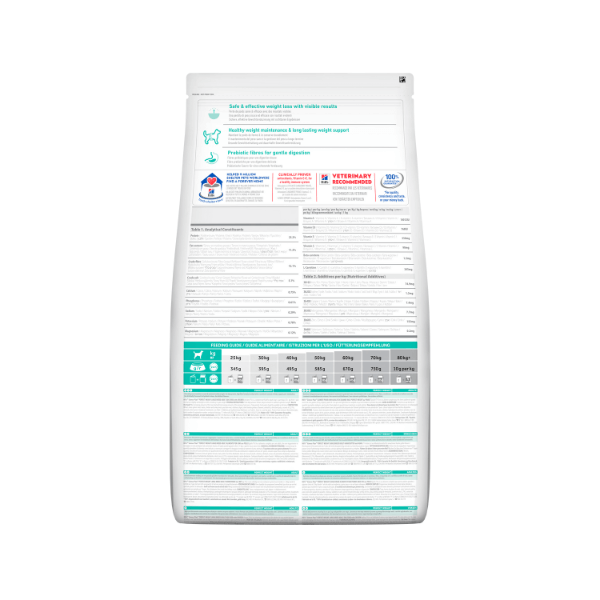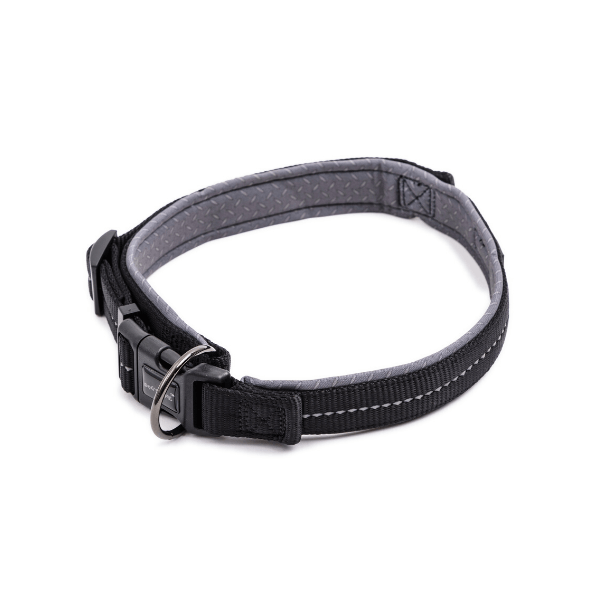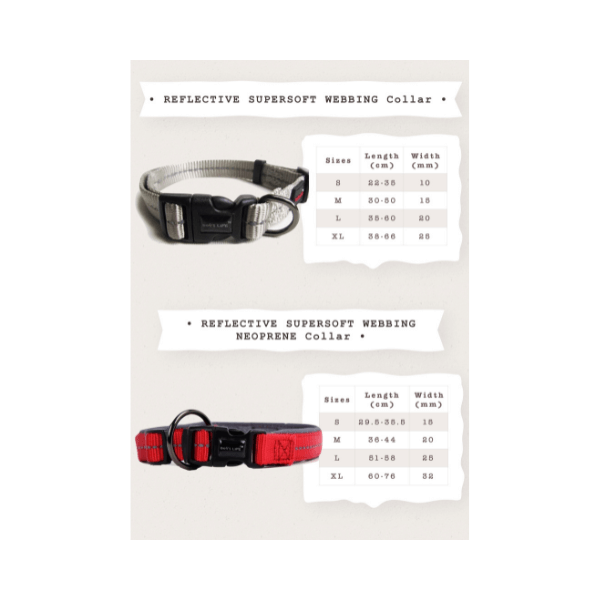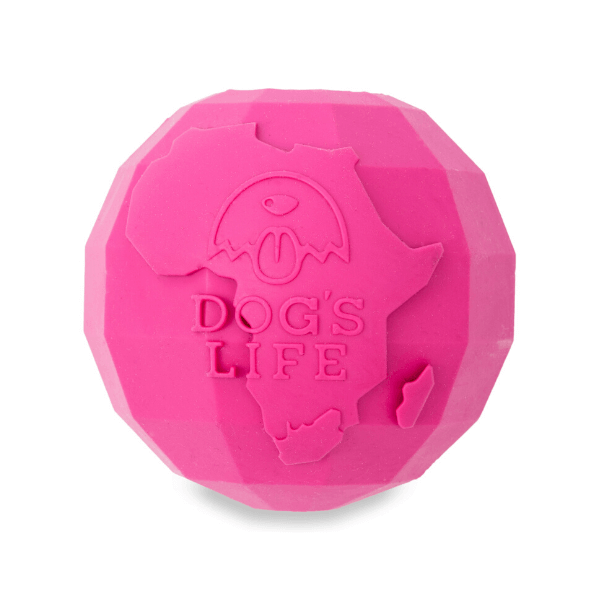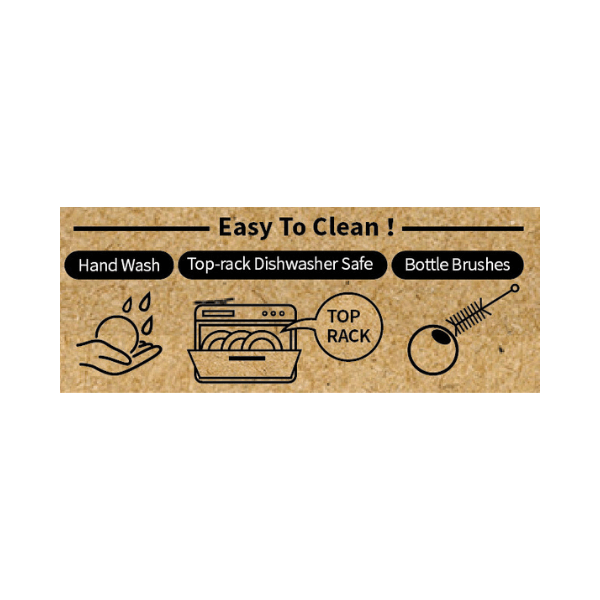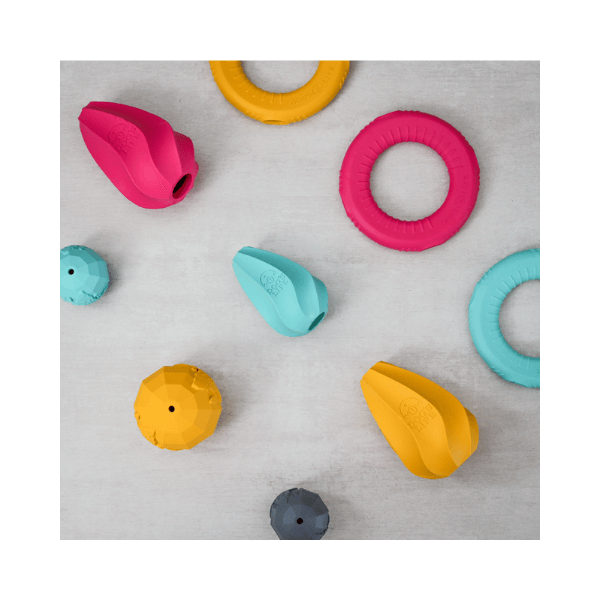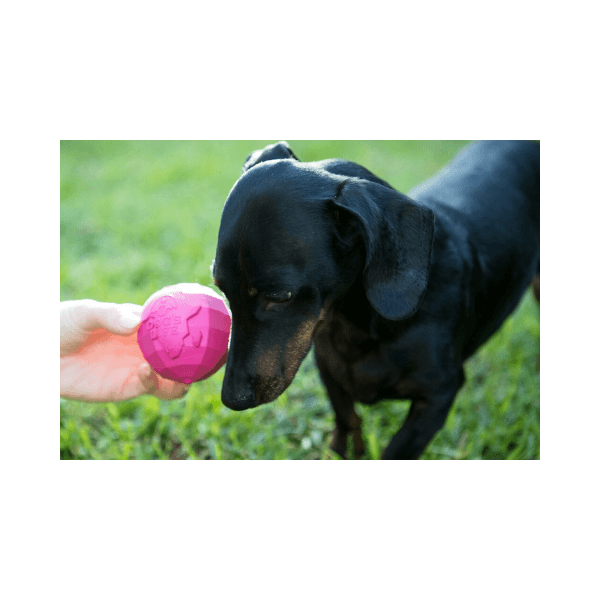
Our Top Products For: Your Feathered Friends
Top Picks for Your Feathered Friends at Kimvet!
Are you ready to transform your backyard into a vibrant sanctuary for birds? At Kimvet, we take pride in offering top-notch products that not only nourish but also elevate the joy of birdwatching! Here are our bestselling items that every bird lover must have:
View All Bird Products Available In Our Shop
Bird Grub:
A nutritious blend of wholesome ingredients designed to provide your birds with the energy they need for day-long adventures. Packed with protein and essential nutrients, this bird grub is a surefire way to keep your feathery friends chirping happily!
Bird Grub There’s no penny pinching fillers here, Only Elaine’s original and best recipe packed with high protein nutrient rich insects.
View All Bird Grub Products Available In Our Shop
Bird Seed Tower Feeder:
This innovative feeder allows multiple birds to dine simultaneously in style! Crafted from durable materials, the tower feeder is designed to attract a variety of species while minimizing waste. Plus, its chic design will add a touch of elegance to your backyard!
This Bird Seed Tower Feeder was designed designed to reduce loss of seed through dispersion to the ground. It limits the number of pigeons/doves to an extent. A single Bird Seed Tower block is included and refills can be bought.
View All Bird Tower Feeder Products Available In Our Shop
Premium Nectar:
Perfect for hummingbirds and other nectar-loving species, our Premium Nectar formula is bursting with flavor. It’s easy to use—just mix with water, and watch as it transforms your garden into a buzzing hub of activity!
Orange Nectar
Orange sugar water for your nectar dispenser. Use the simple recipe attached. Do not add colouring or honey or any other additive. Its not good for birds!
2 in stock
View All Bird Nectar Products Available In Our Shop
#petsupplies #petcare #shoplocal #petlovers #petproducts #smallpets #animalcare
Showing 1–12 of 21 results
-
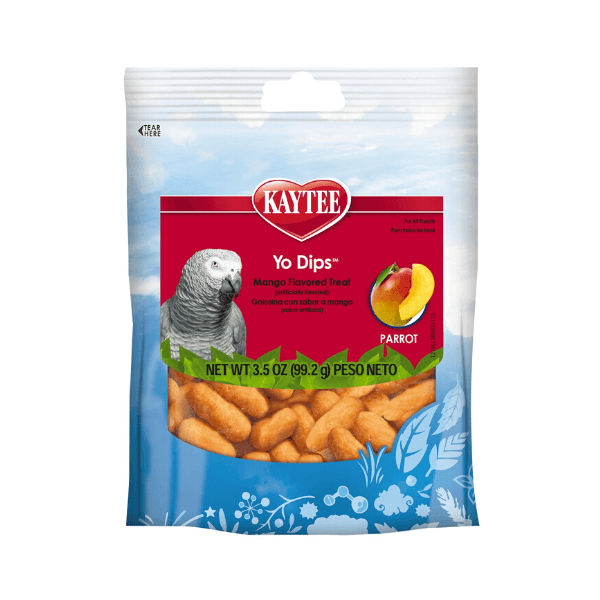
Yogurt Dips Mango Flavoured Treats 99.2g, Birds Treats, KimVet e-Shop, Kaytee
R164.22 -

Healthy Bits Treat Parrots 127g, Birds Treats, KimVet e-Shop, Kaytee
R122.36 -
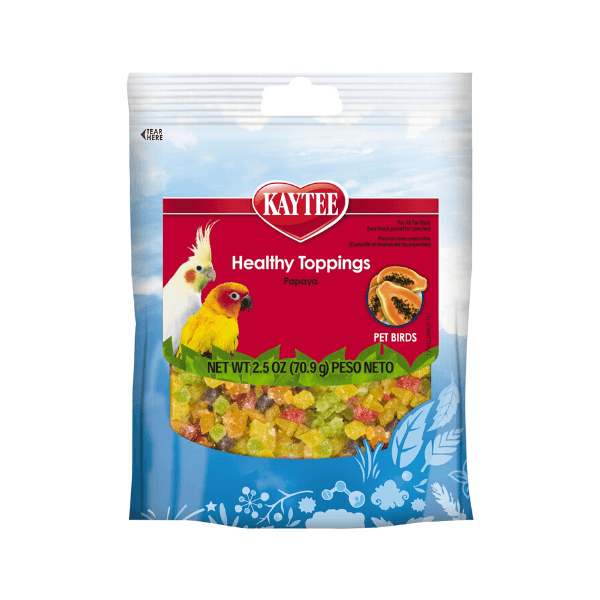
Healthy Toppings Papaya Treat 70.9g, Birds Treats, KimVet e-Shop, Kaytee
R75.67 -
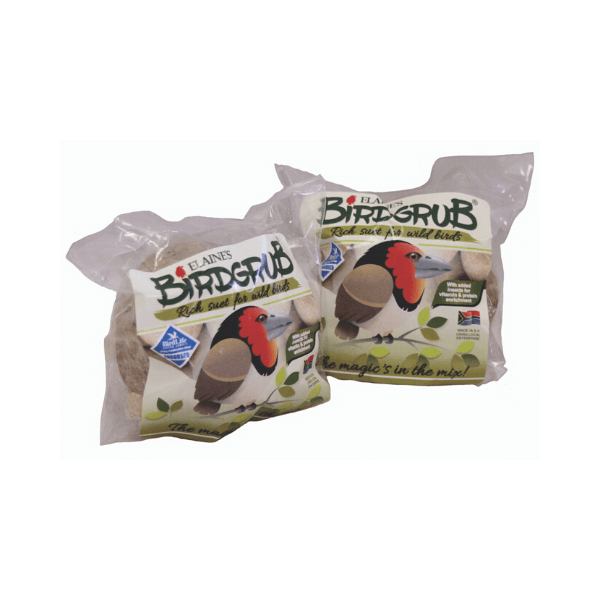
Bird Grub Suet Balls 200g, Birds Accessories Treats, KimVet e-Shop, Elaine’s
R34.21 -

Bird Grub Suet Slab 200g, Birds Accessories Treats, KimVet e-Shop, Elaine’s
R34.21 -
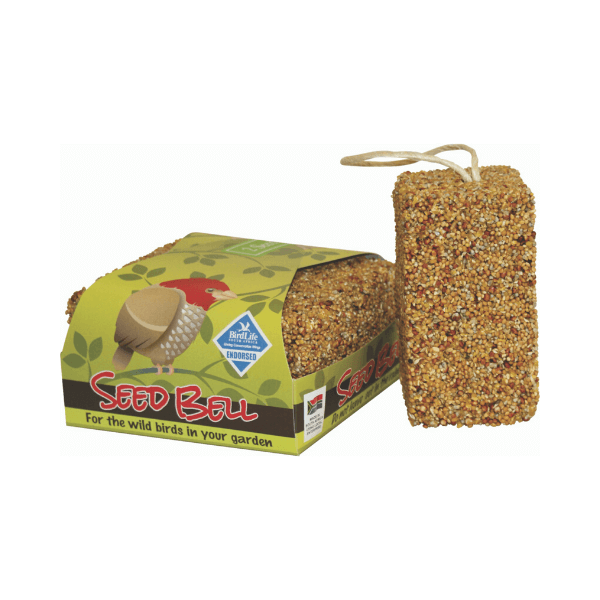
Seed Tower Refill 2 pack, Birds Accessories Treats, KimVet e-Shop, Elaine’s
R123.34 -

Exotic Fruit Mix 600g, Birds Treats, KimVet e-Shop, Versele-Laga
R317.26 -

Exotic Nuts Mix 750g, Birds Treats, KimVet e-Shop, Versele-Laga
R317.26 -
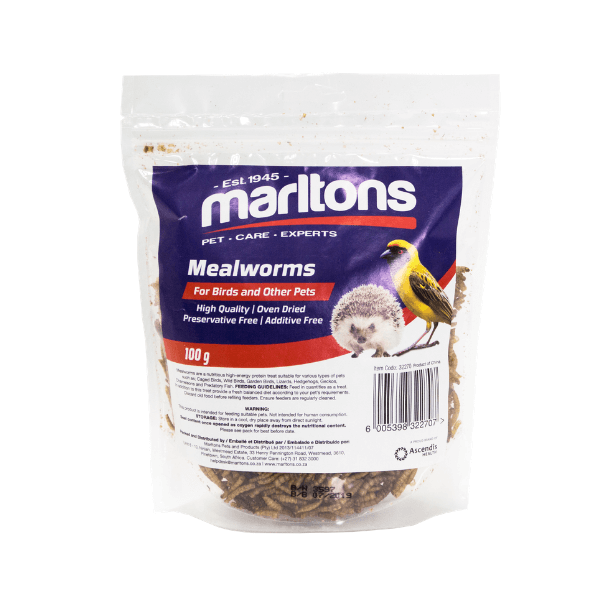
Dried Mealworms 100g
R87.21 -

Seed Bell On A Rope
R58.82 – R94.88 -
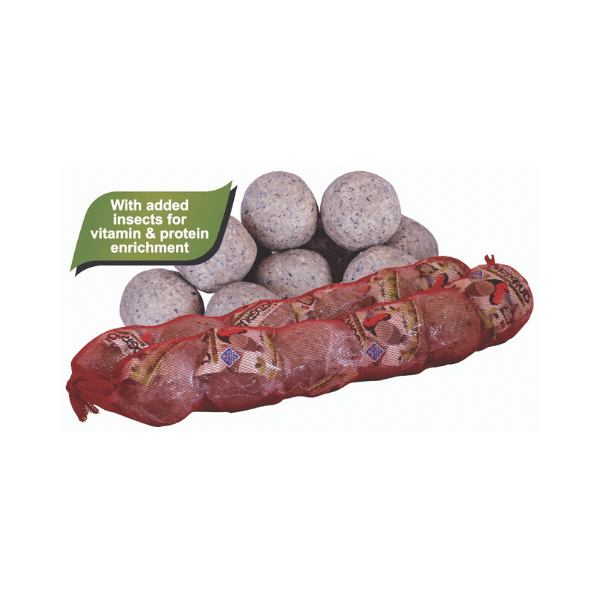
Bird Grub Balls 12 pack, Birds Accessories, KimVet e-Shop, Elaine’s
R393.28 -
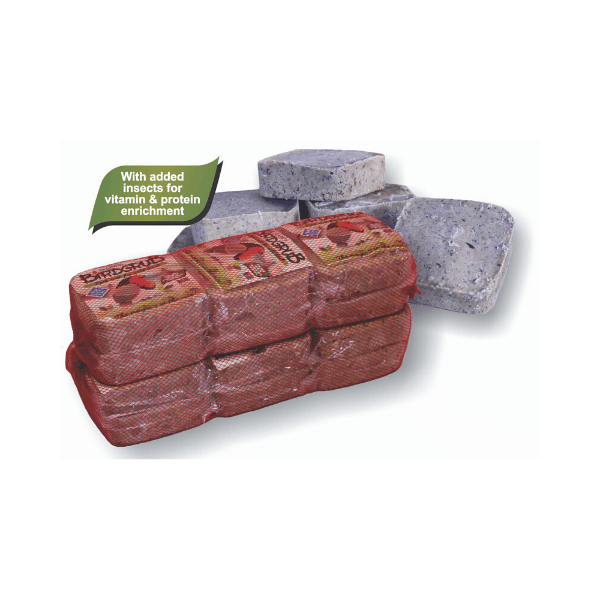
Bird Grub Slabs 12 pack, Birds Accessories, KimVet e-Shop, Elaine’s
R393.28
